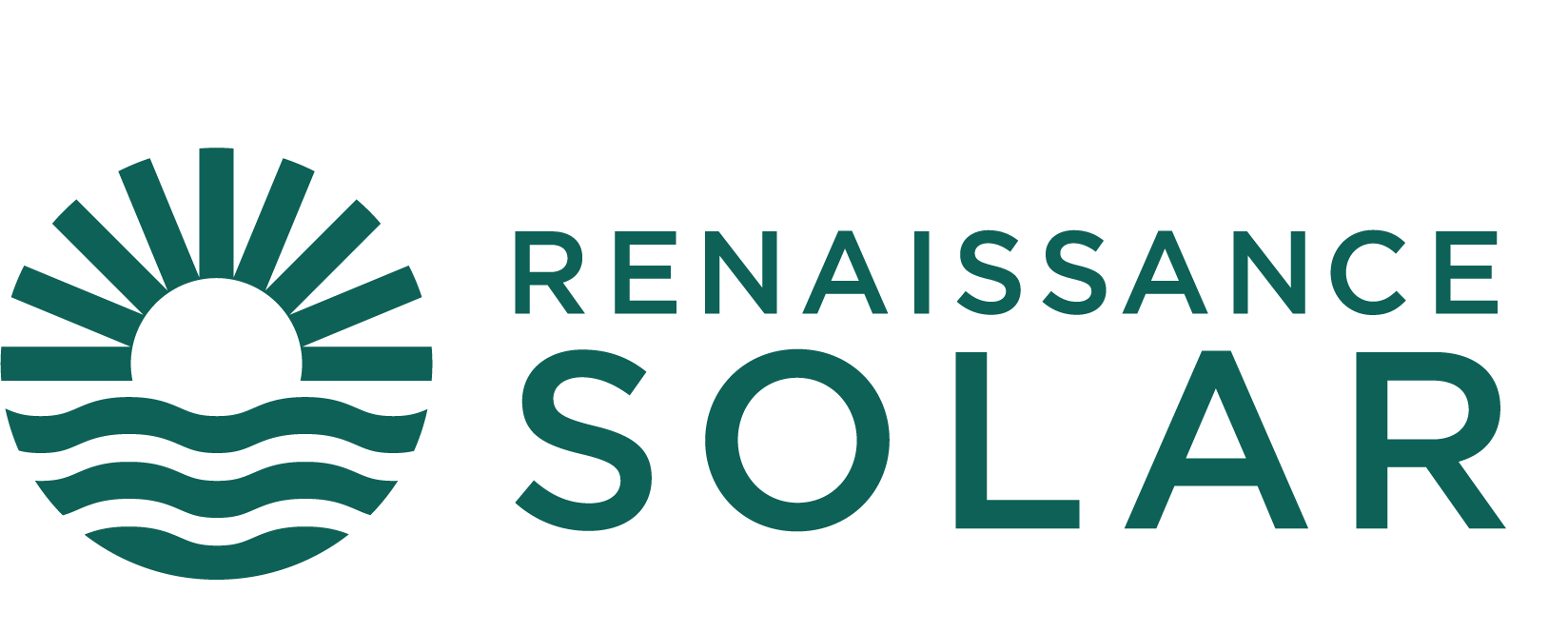Solar energy was invented in 1839, but it wasn’t until the 1950’s that we decided to power satellites in outer space. From there, solar technology advanced into what we know and use today. It’s no secret that solar power is the cleanest form of renewable energy.
How Do Solar Water Heating Panels Work?
PV panels (photovoltaic panels) are used to convert the rays of the sun into electricity. This is achieved when electrons move into silicon cells using photons of light whenever the sun is shining.
Solar power can be used to power your entire home or business or even just part of it. It’s the most reliable source of energy available today thanks to solar battery banks. That’s right, you can store solar energy for use at night or when it’s overcast for a few days in a row.
What is the Lifespan of Solar Panels?
The two primary types of solar heating panels are evacuated tube systems and flat plate systems. These products are expected to last anything from 25 – 30 years. Solar panels might indeed lose some efficiency in later years, but degradation rates are minor. Most solar panels work at 90% of their capacity after ten years.
Are Solar Batteries Worth the Investment?
Solar batteries allow you to store the additional energy produced by your solar panels instead of sending it back into the electricity grid. This way, you can maximise your solar energy usage daily. Whenever you require more electricity than your solar panels are producing, for example on a cloudy day or at night, you can easily use stored electricity.
How do Solar Batteries Work?
A solar battery is charged with the energy generated by your solar panels. In the average scenario, most power is used in the morning and evening. Since the sun generates the most energy when you’re not home during the day, all that energy feeds into the electricity grid feeds into the batteries— the energy you can use to power your home.
If you install solar batteries, you can store the excess energy generated by your solar panels for use any time you need them. Studies have shown that most people receive a minimum of 15% That sounds too low ROI by adding a solar battery to their solar energy system.
By closely monitoring your solar panels and usage, you can predict exactly how much energy your panels will generate and when to store it in your solar battery to cut electricity costs.
You can expect your lithium ion solar battery to last between 10 – 15 years, after which it will continue to work, just not at full capacity, and standby time will reduce gradually.
For more information about solar energy and how to successfully store it, get in touch with the team at Renaissance Solar. With extensive experience in the solar industry and many successful solar solutions installed, we have the skills and expertise needed to offer you the best solar solution available. Give us a call for a free consultation today!
